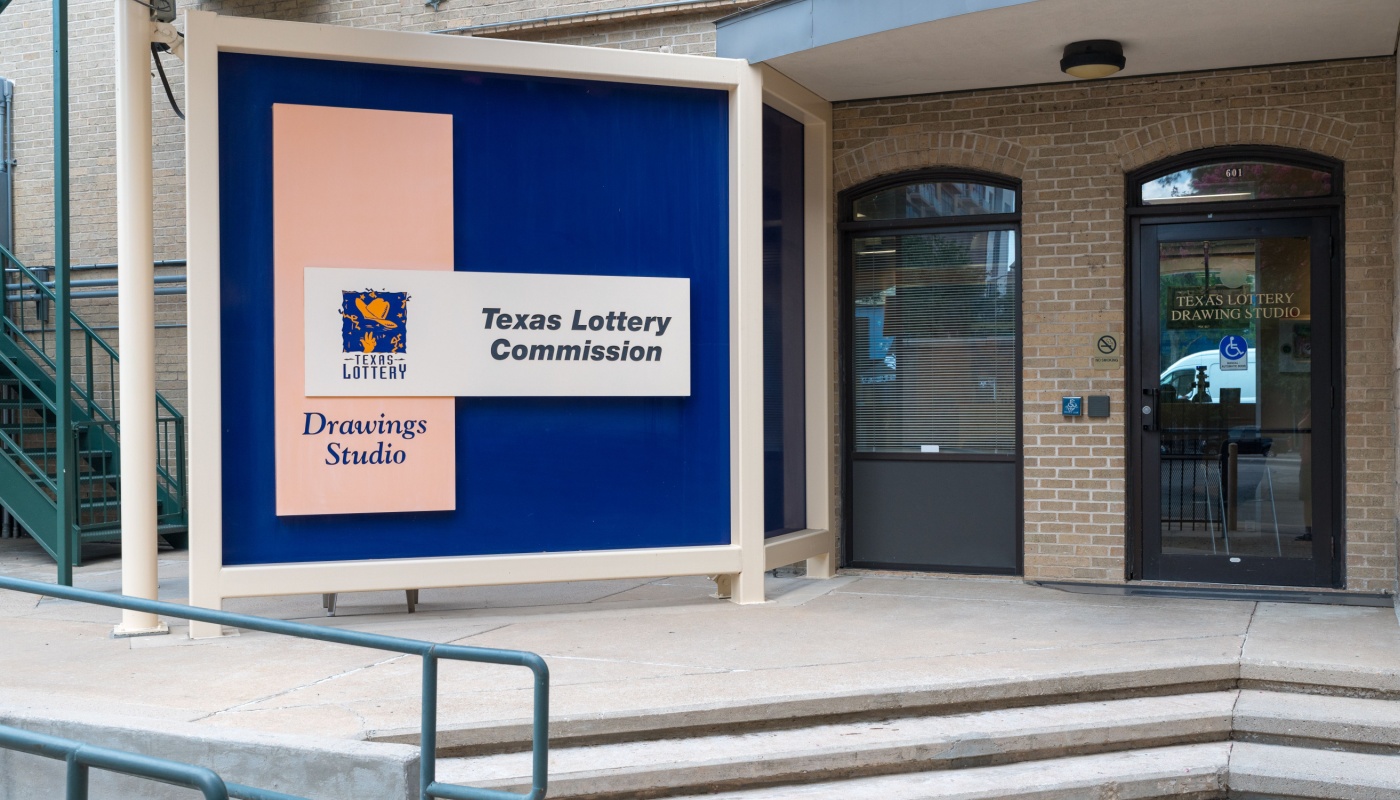
News writer, Interviewer
In a unanimous decision, Texas senators have approved a bill that would effectively end the Texas Lottery Commission as we know it, shifting operations elsewhere while cracking down on controversial ticket-purchasing practices.
Lottery gets temporary reprieve under new oversight
The freshly approved Senate Bill 3070 doesn't eliminate lottery games outright but transfers them to the Texas Department of Licensing and Regulation. The legislation establishes a two-year probationary period during which the lottery's future will hang in the balance.
"They have a two-year lease on life," remarked Lt. Gov. Dan Patrick following Thursday's vote, emphasizing the temporary nature of this arrangement.
Critical decision point approaching
The lottery faces a September deadline, with SB 3070 representing one of just two possible survival paths. Without legislative action, the lottery commission would dissolve following its routine review by the Texas Sunset Advisory Commission.
A competing proposal, Senate Bill 2402, would preserve the existing commission structure but confronts a significant obstacle: lawmakers have already stripped all lottery commission funding from upcoming budget plans.
For either option to advance, House committee approval must come by May 23. The House Licensing and Administrative Procedures Committee recently considered Senate Bill 28 (addressing lottery couriers) but hasn't yet made a decision.
Scandal-driven reforms
The legislative push follows months of intensifying scrutiny triggered by a controversial $95 million jackpot awarded last year. The April 2023 winner employed a strategy that raised serious concerns—a single group systematically printed nearly all possible ticket combinations (99% of 26 million) within just three days.
This "bulk purchase" approach would become a class B misdemeanor under the new legislation, with purchases exceeding 100 tickets in a single transaction becoming illegal.
Internal failures alleged
Senator Bob Hall, who introduced SB 3070, pointed to deeper problems than external exploitation of lottery systems. Hall stated:
This wasn't outsiders beating the system. The problematic activities originated within the commission itself.
The Edgewood Republican contends that commission-created rules enabled practices that violated state law.
Hall's bill, filed earlier this week, incorporates elements from multiple reform proposals and would:
- Criminalize digital lottery sales as a class A misdemeanor.
- Restrict ticket purchases exclusively to physical retail locations.
- Establish a dedicated lottery oversight committee.
- Mandate a comprehensive review within two years.
Leadership endorsement
Lieutenant Governor Patrick has emerged as one of the lottery's most vocal critics, even suggesting complete abolition in social media communications. During the floor proceedings, Patrick credited Hall's persistence: "You've championed this issue from day one."
Hall had previously advocated for completely eliminating the state lottery, describing the current bill as a satisfactory compromise. Meanwhile, other lottery-related legislation has stalled, with several bills missing crucial procedural deadlines.
As this legislative shake-up moves forward, important questions remain. How will these changes impact education funding that currently benefits from lottery proceeds? Will the public support these reforms? And what happens if the lottery ultimately disappears from Texas altogether?
















Comments